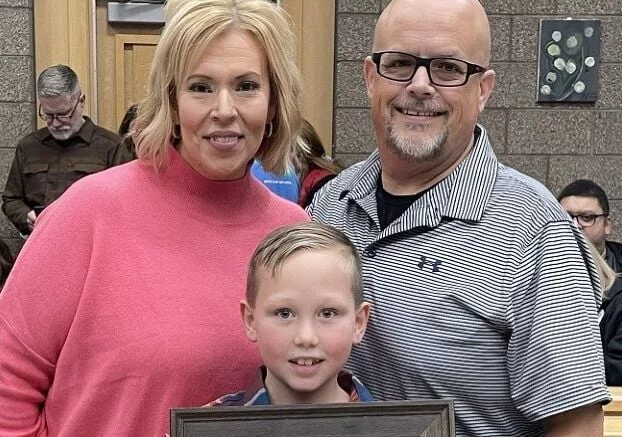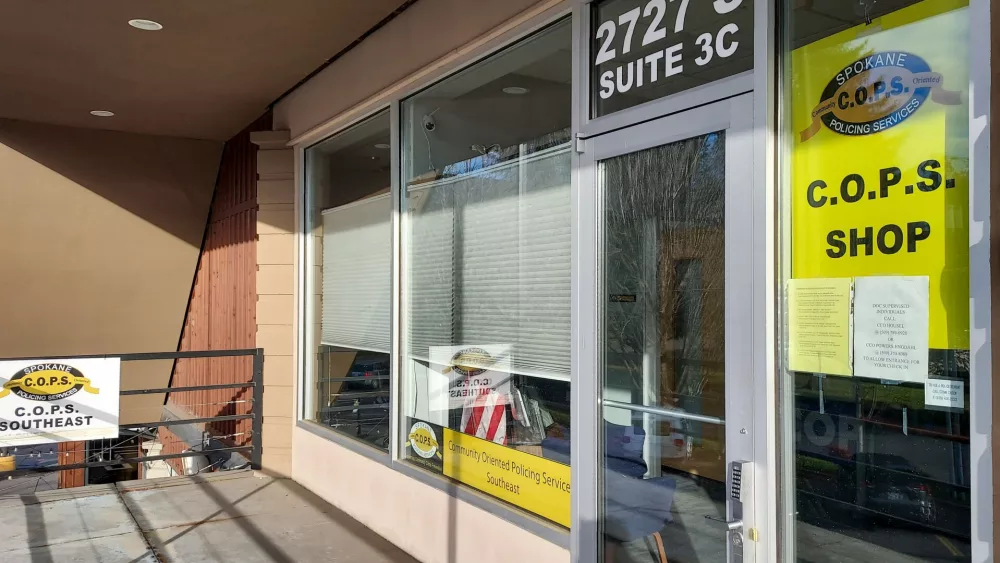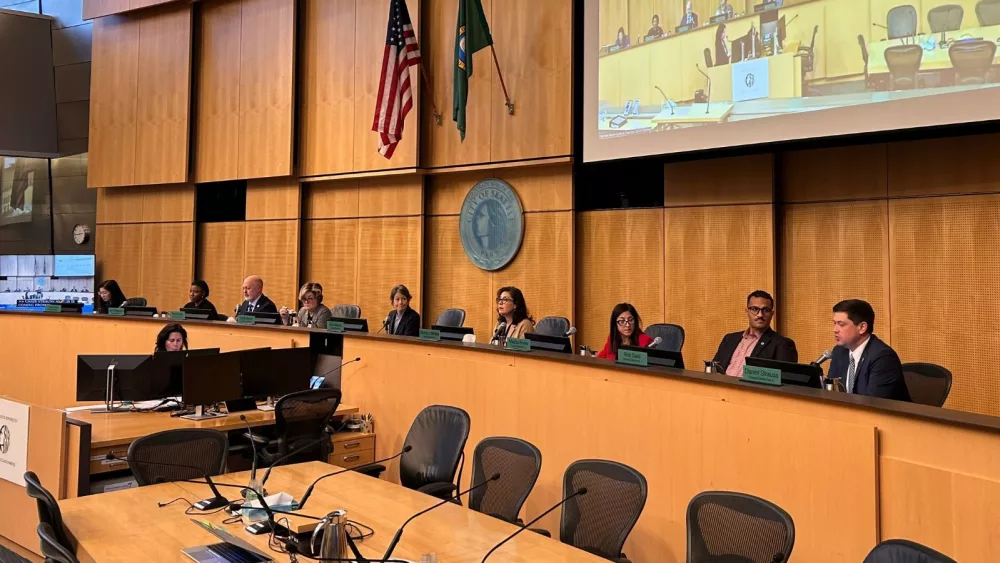(The Center Square) – Academic student employees for Washington State University took to the picket line Wednesday morning to protest unresolved collective bargaining talks.
Differences over health insurance coverage have been a primary sticking point for the unionized employees, a group of undergraduate and graduate students represented by the United Auto Workers.
“Right now, we are bargaining with WSU Administration for our first-ever contract to create a stronger and more equitable WSU,” the Coalition of Academic Student Employees posted on their union webpage.
In an online video post, CASE representative Beatric Caffe said the university’s proposed health insurance plan is “a slight improvement to the current plan,” but lacked input from the students. Caffe said the healthcare work group will “continue to drive proposal efforts.”
On Tuesday, WSU President Kirk Schulz issued a statement regarding the threatened strike, saying the two sides not reached a consensus despite negotiations which have involved over 40 meetings since last February and more than 200 proposals exchanged on 40 different contract articles.
“We bargained late into the evening last night and are committed to continuing to meet until an agreement can be reached,” Phil Weiler, the university’s vice president for communications and marketing, said in an update Wednesday morning.
Weiler said WSU paid $4.2 million last year to provide health care coverage to the university’s approximately 1,500 academic student employees, who work in a variety of roles such as teaching and research assistants up to 20 hours per week during their nine-month academic year.
Last week, WSU officials offered an average wage increase of 20% that would cost the university at least an additional $15.7 million through fiscal year 2026.
Under the proposal, the minimum monthly salary would be $2,319 for ASEs serving in “assistantship” categories. Along with its home campus in Pullman, WSU operates branch campuses and satellite locations in Everett, Mt. Vernon, Prosser, Puyallup, Spokane, the Tri-Cities, Vancouver, and Wenatchee. With proposed “salary modifiers” based on locations, the minimum monthly salaries would increase with Everett and Vancouver topping out at $2,974. Educational or experience levels could add up to 10% more in salaries.
WSU said its offer also includes a 4% mass salary increase in the second year of a ratified contract with implementation in October 2025. In addition, the university proposed extending WSU’s paid pregnancy and parental leave from four weeks to five and providing 48 hours of paid vacation time and 36 hours of paid sick leave during a student employee’s nine-month appointment. The university also agreed to create a child- and dependent-care program that would allow eligible ASEs to apply for financial assistance of up to $2,025 for certain expenses in fall and spring terms and $1,550 during summer terms.
For academic student employees in hourly positions, rather than assistantships, the university is offering a minimum 8% salary increase over 2023 rates, with higher rates possible depending on campus locations and departments.
Other contract talks have involved the topics of intellectual property, travel, training, recognition, personnel files, job postings, and severability.
After the ASE workers voted to unionize in November 2022, the Washington Public Employee Relations Commission issued an interim decision saying they had selected the International Union, United Automobile, Aerospace and Agricultural Implement Workers of America as their union representatives.
In Tuesday’s statement, Schulz said the academic student employees “play a key and integral role” at the public university, noting they are also colleagues in research, teaching, and service.
“… the potential impacts of this kind of collective action are significant and far-reaching,” Schulz stated. “While I regret they believe a work stoppage is necessary at this time, I do not believe that this is reflective of negotiations or the generosity of the proposals we’ve put forward over the last ten months ….”
“Our bargaining team will continue to work with the union to achieve a mutually acceptable contract. We remain ready and willing to continue our dialogue moving forward,” he said.





